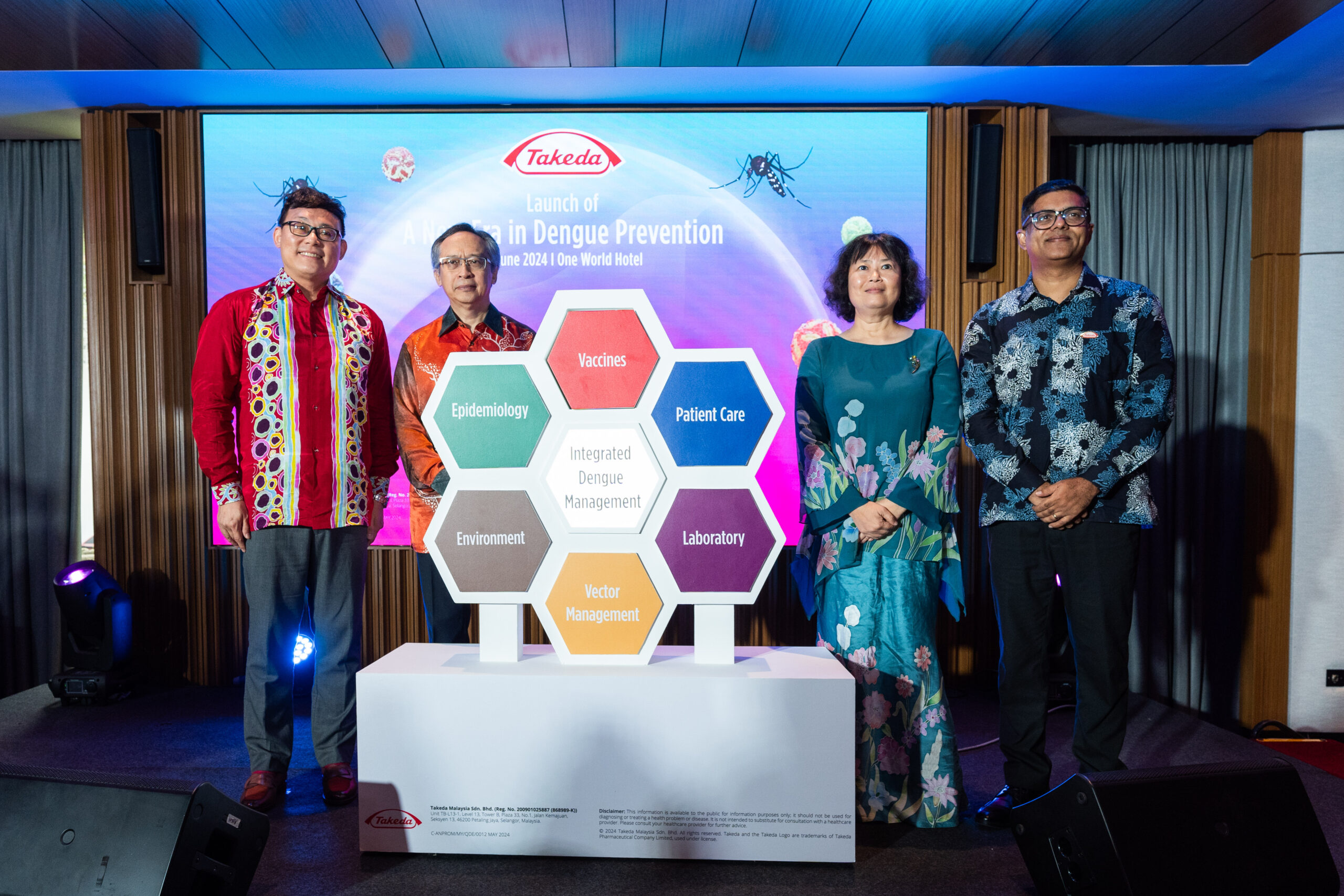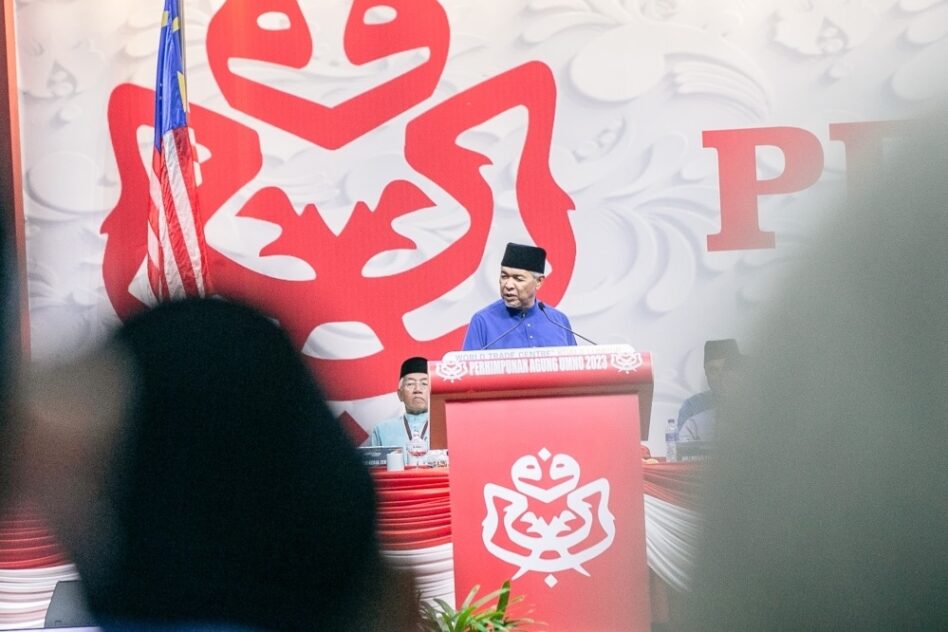TAKEDA Malaysia has launched its dengue tetravalent vaccine (live attenuated) that is designed to protect against all four dengue virus serotypes.
Approved by The Drug Control Authority (DCA) Malaysia based on extensive data demonstrating its efficacy, safety and quality, Qdenga is indicated for individuals aged 4 years and older and is now available in most private hospitals and clinics across the country.
“Effective dengue prevention requires a multi-faceted approach. The availability of Qdenga is a crucial addition to the current integrated dengue prevention and management strategies in Malaysia,” said Takeda Malaysia & Singapore general manager Dr Lynette Moey.
“We are committed to partnering with local health authorities and health experts to ensure Qdenga is accessible to all eligible Malaysians who may benefit from immunisation.
“We deeply understand the importance of safeguarding our communities from dengue fever and recognize the transformative impact vaccines can have on public health.”
Burden of dengue in Malaysia
Over the past two decades, the global incidence of dengue cases has increased and is now affecting approximately 129 countries, posing a significant global threat.
According to the World Health Organisation (WHO), the number of cases has risen from 500,000 in 2000 to 5.2 million in 2019, with Asia accounting for 70% of the burden.
In Malaysia, dengue cases have increased significantly, with 123,133 cases reported in 2023, marking an 86.3% rise compared to the previous year.
Dengue-related deaths also increased by 78.6%, with the highest concentration of cases in Selangor.
In the first quarter of 2024, there were 41,565 reported cases and 28 deaths attributed to dengue fever complications, showing a rise compared to the same period in 2023.
“Dengue weighs heavily on us as a nation and despite intensive efforts to mitigate its impact, cases continue to climb, along with the cost of vector control, productivity loss and consumption of healthcare resources. To effectively fight dengue, we need everyone on board,” said Dengue Prevention Advocacy Malaysia (DPAM) chairman Prof Datuk Dr Zulkifli Ismail.
Dr Zulkifli, who is also a consultant paediatrician and paediatric cardiologist, further stated that to effectively fight dengue, everyone must be on board, which means bringing together government, private sector, academic institutions and community in a unified effort to combat the threat.
“Vaccination will be an additional armamentarium that will complement the current efforts in controlling the disease,” he added.
The Qdenga clinical trial met its primary endpoint of overall vaccine efficacy (VE) by preventing 80.2% of symptomatic dengue cases at 12 months after vaccination.
In addition, Qdenga met its key secondary endpoint by preventing 90.4% of hospitalisations at 18 months after vaccination.
Over the course of four and a half years (54 months) follow-up data, Qdenga demonstrated continued overall protection and was generally well tolerated, with sustained overall VE of 84.1% and 61.2% against hospitalised and symptomatic dengue respectively.
Qdenga has been approved in more than 30 countries, including the European Union, the United Kingdom, Brazil, Argentina, Indonesia, Thailand, Vietnam, and Malaysia. – June 11, 2024









